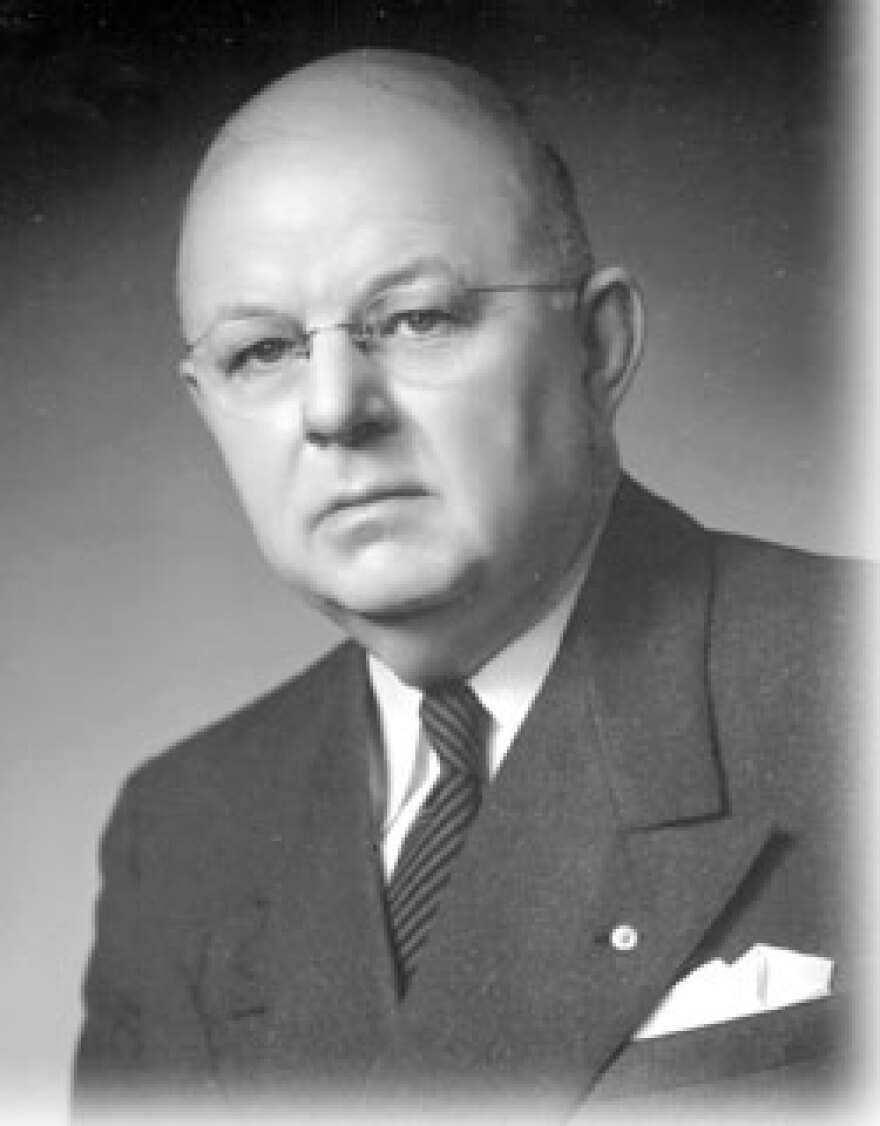It seems like Almost Yesterday that Walter W. Parker retired as president of Southeast Missouri State College. The date was July 1, 1956, and his 23 year tenure as president of the institution is the longest in its history.
President Parker assumed the presidency of the small teacher’s college in July of 1933. Born in rural Howard County, Arkansas on January 17, 1889, Parker graduated from Hendrix College in Conway, Arkansas with a degree in English, and began his career in education at Central Missouri State College as a young professor of English.
Graduate work at Columbia University in New York enabled Professor Parker to advance to chairperson of his department, dean of the college, and later president of Northwest Oklahoma State Teachers College. When Parker assumed the presidency at Southeast in 1933 there were 637 students and 46 faculty members on the campus of five buildings.
As president between 1933 and 1956, Parker saw the college grow to 1,715 students and 80 faculty. Five new buildings were constructed to meet the demands of the post-World War II expansion: Kent Library, Cheney Hall, Myers Hall, Memorial Hall, and Houck Field House.
President Parker was widely recognized for his service at Southeast. He received two honorary doctorates, served as president of the Missouri State Teachers Association and the American Association of Teachers Colleges, and was proud that President Harry Truman appointed him to the Board of Visitors of the U. S. Military Academy at West Point.
In 1956 failing health led to his retirement, and seven months later he passed away. At his death he was praised as a gentle man whose educational contribution to the community, the college, and the region would forever serve as his memorial.





